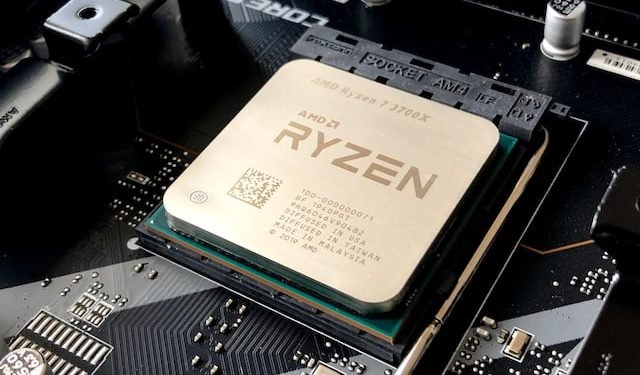Hong Kong: According to three sources, China is working on a more than one trillion yuan ($143 billion) support package for its semiconductor industry, in a major step toward chip self-sufficiency and to offset U.S. actions aimed at curbing its technical advancements.
According to the sources, Beijing intends to implement one of its largest fiscal incentive programs over five years, mostly in the form of subsidies and tax credits to support domestic semiconductor production and research initiatives.
It denotes, as many had predicted, a more assertive stance by China in determining the course of an industry that has become a geopolitical flashpoint as a result of increasing chip demand and that Beijing sees as a pillar of its technological strength.
Two sources, who asked not to be identified because they were not authorized to speak to the media, indicated that the plan might be implemented as early as the first quarter of the following year.
They said that the majority of the financial aid would go toward financing Chinese companies’ acquisitions of domestic semiconductor equipment, namely for semiconductor production factories or fabs.
According to the three sources, such businesses would be eligible for a 20% discount on the cost of acquisitions.
The financial support plan follows the U.S. Commerce Department’s adoption in October of a comprehensive set of regulations that, among other restrictions, may prevent research laboratories and commercial data centers from accessing cutting-edge A.I. processors.
Additionally, the United States has lobbied several of its allies, such as Japan and the Netherlands, to restrict semiconductor manufacturing equipment shipments to China.
Additionally, in August, U.S. President Joe Biden signed a historic law offering $52.7 billion in subsidies for American semiconductor manufacturing and research and $24 billion in tax credits for chip factories.
According to the sources, Beijing wants to increase funding for Chinese chip companies building, expanding, or modernizing domestic facilities for fabrication, assembly, packaging, and research and development.
They added that Beijing’s most recent plan includes special tax treatment for the nation’s semiconductor industry.
China’s State Council Information Office did not immediately answer a request for comment.
LIKELY BENEFICIARIES
State-owned as well as private businesses in the sector will profit from this, especially sizable semiconductor equipment companies like NAURA Technology Group (002371. S.Z.), Advanced Micro-Fabrication Equipment Inc China (688012. S.S.), and Kingsemi (688037. S.S.), according to the sources.
Following the package’s announcement, certain Chinese chip shares in Hong Kong quickly increased. Adding more than 8%, Semiconductor Manufacturing International Corp (SMIC) (0981. H.K.) increased its day gain to almost 10%. Even though the mainland markets were closed when the report was released, Hua Hong Semiconductor Ltd (1347. H.K.) ended the day up 17%.
In his comprehensive work report presented to the Communist Party Congress in October, President Xi Jinping emphasized the importance of achieving technological self-reliance. As a result, there were 40 references to the word “technology,” up from 17 in the report from the 2017 Congress.
According to commentators, Xi’s call for China to “win the battle” in core technologies might herald a change in Beijing’s strategy for growing its tech sector, with greater state-led funding and intervention to fend against American pressure.








